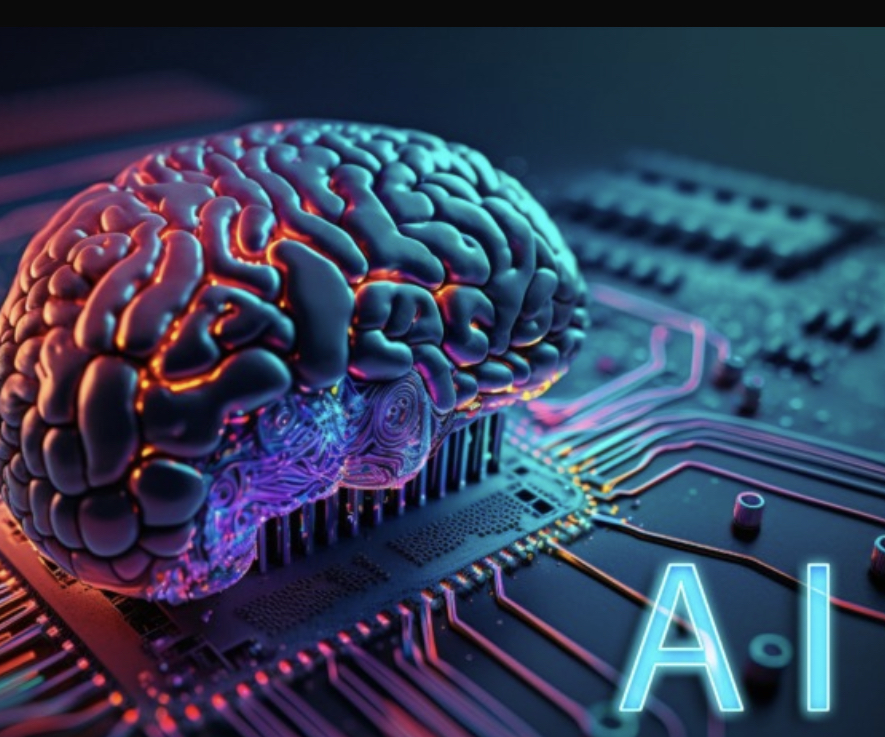By Ezekiel Okedele

Artificial Intelligence (AI) is rapidly transforming our world, promising to revolutionize industries, enhance our daily lives, and solve some of humanity’s most pressing challenges. However, as we embrace this powerful technology, we must also navigate the ethical complexities and potential risks it brings. The future of AI is not just about technological advancements but also about ensuring these developments benefit society as a whole.
AI is set to redefine the workforce. Automation and AI-driven processes can increase productivity and create new job opportunities, particularly in tech-related fields. However, they also pose a threat to jobs that involve routine tasks. To mitigate this, we must invest in education and retraining programs to prepare the workforce for an AI-driven economy. Equitable access to these opportunities is crucial to prevent widening the gap between different socio-economic groups.
The deployment of AI must be guided by strong ethical principles. Issues of privacy, bias, and accountability need to be addressed. AI systems can inadvertently perpetuate and amplify existing biases if they are trained on biased data. Ensuring transparency in AI decision-making processes and implementing robust oversight mechanisms are essential steps to prevent misuse and discrimination. Privacy concerns also need to be rigorously managed, as AI often relies on large datasets that can include sensitive personal information.
In conclusion, the future of AI holds immense promise, but it also comes with significant ethical and social responsibilities. By embracing a balanced approach that fosters innovation and safeguards human values, we can create an AI-powered future that benefits everyone. The choices we make today will determine the role AI plays in shaping our world tomorrow.
